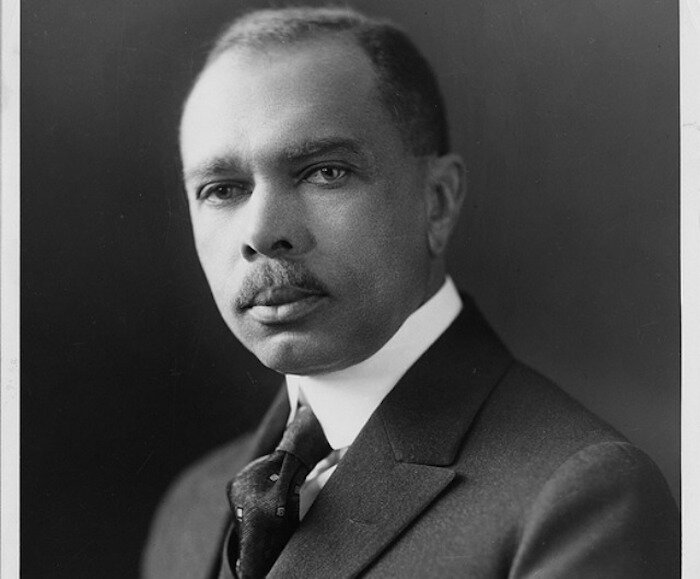This hymn, yes hymn, has drawn a lot of controversy and criticism for being sung in place of our country's national anthem at sporting events. So I took a little time looking into its history and the lyrics of the song and found the lyrics are, themselves, are without controversy, unless you don't want attention brought to God who brings liberty and freedom to all who trust in him. It's attention on God is so evident that it could be sung by, every believer, of every color, of every race, of every nation, for we all need liberty and freedom from sin for which Christ, God's son, was sent and died for.
The identification as the Black National Anthem came by the NAACP in 1919. But it was not so named by the the man who wrote it 19 years previously. Written by the James Weldon Johnson, music by his brother J. Rosamond Johnson, and actually titled the hymn, "Lift Every Voice and Sing”. It was written for a special occasion. That occasion was for the birthday anniversary of President Abraham Lincoln in 1900, 5 years after his assassination. So not only does it revere God but also the president that was instrumental in the emancipation of slaves.
(Side note: James Weldon Johnson became treasurer of the Colored Republican Club in 1904 and became its president the following year.)
According to Hymnary.corg, it was a hymn which is the reason for the lyrics of faith and commitment to God. So hear are the lyrics of "Lift Every Voice and Sing,"
Lift ev’ry voice and sing, ’Til earth and heaven ring,
Ring with the harmonies of Liberty;
Let our rejoicing rise High as the list’ning skies,
Let it resound loud as the rolling sea.
Sing a song full of the faith that the dark past has taught us,
Sing a song full of the hope that the present has brought us;
Facing the rising sun of our new day begun,
Let us march on ’til victory is won.
Stony the road we trod, Bitter the chastening rod,
Felt in the days when hope unborn had died;
Yet with a steady beat, Have not our weary feet
Come to the place for which our fathers died.
We have come over a way that with tears has been watered,
We have come, treading our path through the blood of the slaughtered,
Out from the gloomy past, ’Til now we stand at last
Where the white gleam of our bright star is cast.
God of our weary years, God of our silent tears,
Thou who has brought us thus far on the way;
Thou who has by Thy might Led us into the light,
Keep us forever in the path, we pray.
Lest our feet stray from the places, our God, where we met Thee,
Lest our hearts drunk with the wine of the world, we forget Thee;
Shadowed beneath Thy hand, May we forever stand,
True to our God, True to our native land.
So here is my view on sporting events. NFL has the freedom to sing or not have sung any song it wants to before a game. They could have chosen any number of offensive and disrespectful songs, but this is not one of them. What better to sing then lyrics as, "May we forever stand, True to our God, True to our native land." It is more of an Anthem of the Redeemed.
Blessings
pBob



